Meet the 2020 Dance Educators’ Award Nominees, Part 3 of 3
This is the final installment of our three-part blog series introducing the exceptional nominees for the 2020 Dance Educators’ Award (DEA). Each of this year’s nominees contributes a wealth of experience, knowledge and care to dancers across the sector and we have been extremely impressed to read about their work. In addition to celebrating the DEA nominees, we would also like to thank all of the nominators who recognized the excellence of the educators around them. Tune in to the live announcement of the DEA 2020 winner on the IADMS Facebook page on Monday, October 19 at 11:30 am, EDT (4:30pm BST, 11:30pm HKT)
NB. Nominees are listed in absolutely no particular order.
Hyp-Acess movement – Laura Tuthall and Audre Wirtanen
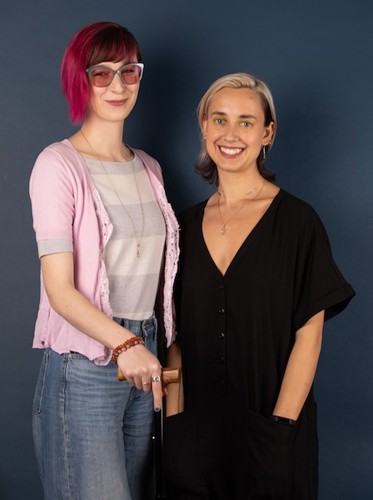
Nominated by Leigh Sugar
“Hyp-Access classes not only serve people like me–professionally trained dancers whose life circumstances have been interrupted by illness or injury–but also meaningfully include other folks who’ve been historically left out of dance and movement spaces.”
Hyp-ACCESS is a Hypermobile-specific Disability Justice project that works to reduce harm in somatics, dance/the arts, and science/medicine by creating justice-oriented programming, care access resources, and community centered research. They use science and sensorimotor theory to provide accessible physical practices for hypermobile, disabled, and chronically ill people, and to critically assess their practices following methodological development.
Established by Audre Wirtanen, a hypermobile/ill/disabled movement neuroscientist, somatic practitioner/developer, and dance artist/educator and Laura Tuthall, a disabled creator and community organizer, Hyp-Access is part of Gibney’s 2020-21 Moving Toward Justice cohort.
“Our top priorities are Hypermobile accessibility, care, autonomy, and quality of life. Artistically and pedagogically, we work in service of these priorities to facilitate a space where people can practice access dialogue with themselves and learn strategies to better support themselves while making improvisational choices in the studio and/or in their lives.” - Audre Wirtanen and Laura Tuthall
Vangeline Hélène Gand - Teacher, dancer and choreographer


Nominated by Mandy Caughey
“Through working with Vangeline, I have become able to authentically connect with others—and with myself as a dancer—in ways I couldn’t before. Vangeline’s work clearly extends far beyond the field of dance, impacting not only her students, but the greater world.”
Vangeline Hélène Gand is a teacher, dancer and choreographer specializing in the Japanese post-war avant-garde movement form, Butoh. Her work safely guides students through the emotionally rich, and sometimes treacherous terrain of emotional memories and altered states of consciousness. She currently teaches Butoh in New York City, including with incarcerated men and women through her initiative, The Dream Project.
In 2002 she founded the Vangeline Theatre, whilst simultaneously studying with Butoh teachers and later went on to found the New York Butoh Institute. The latter is committed to scientifically investigating the physiological and psychological benefits of practicing Butoh. Vangeline forthcoming book, Butoh: Cradling Empty Space, explores the field from various scientific perspectives.
“When I teach, I am not changing the traditional methods of teaching. Science only expands on those methods and helps students of today process their experiences in a richer and more informed way.” -Vangeline Hélène Gand
Frey Faust – Dancer, choreographer and teacher
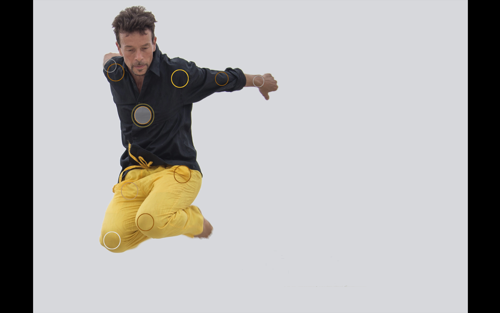
Nominated by Emanuela Iacopini
“Our collaborations led to clear and tangible skill enhancement for me in performing, training and teaching practices in terms of the acquisition of simple and clear transmission methods for applying the knowledge of anatomy to movement and dance.”
Frey Faust is a dancer, choreographer and teacher with independent research into anatomy, biomechanics and physics. Within his teaching, Frey often utilizes anatomical images as a starting point for a discussion of centered joint motion parameters and encourages an exploratory, rather than instructive approach to learning about and devising personal practice methodology. The pedagogical approach that Frey has consolidated is summarized in his book The Axis Syllabus-Human Movement Lexicon, which he continues to edit with the help of the Axis Syllabus International Research Network (ASIRN).
“Each artist is under advisement to consider the short and long term health effects of their esthetic choices on themselves and their dancers. It is neither my place nor jurisdiction to police other people’s choices.” - Frey Faust
Sarah Reis – Dance educator / Presenter

Nominated by Mandy Yip and Jessica DeMarzo
“Sarah’s love of dance is contagious, her palpable passion is felt by all who meet her, and one can’t help but be inspired by her dedication to this industry.”
Sarah is a dancer teacher and presenter based in British Columbia. Sarah has integrated her anatomical knowledge with her understanding of best teaching practices to cultivate a classroom environment that is both safe and inspiring for her students. Her teaching includes anatomy and injury prevention, while nurturing the mind-body connection and developing students’ mental well-being.
She created the “International Dance Teaching Standards” certification to provide dance educators with teaching guidelines and materials. The program covers anatomy, injury prevention, season planning, skill acquisition, nutrition, pedagogy and philosophy of competitive dance. In addition to working independently and pursuing her PhD, Sarah is a member of the Acrobatic Arts team and frequently presents sensible, safe training tips through CLI studios.
“I feel this [International dance teaching standards] has been one of the greatest achievements of my career because I am making a measurable difference in the dance science community, I can keep more dancers safe by reaching teachers and helping them understand the human body as it relates to safe dance practice.” - Sarah Reis
Wendy Timmons – Programme Director, MSc Dance Science and Education, University of Edinburgh
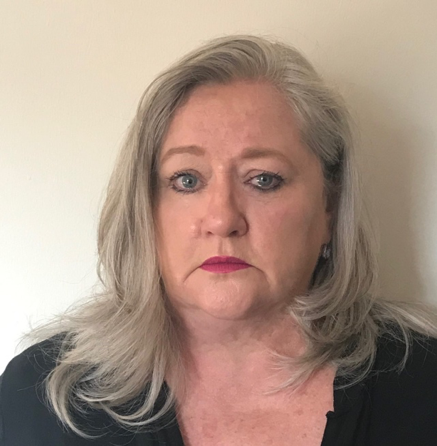
“Wendy’s work challenges previous work in generalized joint hypermobility (GJH) as she looks wider and suggests connections with anxiety, spatial aspects and wider body awareness. She also challenges what are deemed to be benefits and limitations of GJH.”
An educator for over 40 years, Wendy leads the MSc Dance Science and Education at University of Edinburgh, UK, a program which she was instrumental in developing. She also developed a unique degree pathway within the Masters program which provides school’s in the UK and internationally with teachers with sound dance training.
Wendy’s current PhD research focuses on generalized joint hypermobility (GJH) and has undertaken a biopsychosocial study for her PhD, ‘dancing with hypermobility: The embodied experiences and health risk of joint hypermobility in a classical ballet narrative’. Though always forward looking, Wendy is committed to also exploring and understanding our dance science predecessors.
“For me the translational elements of dance science are the most important, they need to have scientific rigor and process yet it is critical that they reach and are understood by the practitioner, the teacher, the director and the choreographer and are informed and respectful of the traditions of dance practice.” - Wendy Timmons
Rachel Fine – Registered Dietitian Nutritionist

Nominated by Claire McKinley
“Rachel’s work in the field of dance science demonstrates an ongoing commitment to furthering the field of nutrition and wellness for dancers. In doing so, Rachel continues to inspire thousands of dancers around the world with her resources and teaching.”
Rachel Fine is a former dancer, turned registered dietitian nutritionist. As a Registered Dietitian, Rachel’s training has encompassed a framework based upon human anatomy and physiology. She believes it is critical to understand the intricacies of a dancer’s body in order to fully assess a dancer’s metabolic and nutritional needs, and helps dancers balance their emotional, physiological, and artistic needs.
Rachel is an active voice in the dance community, authoring numerous articles for Dance Media which often challenge myths of ideal body weights and body goals in dance. She shares many free resources through her company, To The Pointe Nutrition, in order to better reach dancers, parents and teachers.
“Educating dancers about the links between a balanced mindset and one’s artistry on stage is key to encouraging that dancers lead a non-diet and non-restrictive lifestyle” - Rachel Fine
Sujata Banerjee – Choreographer, performer, teacher, mentor, sports scientist and educator
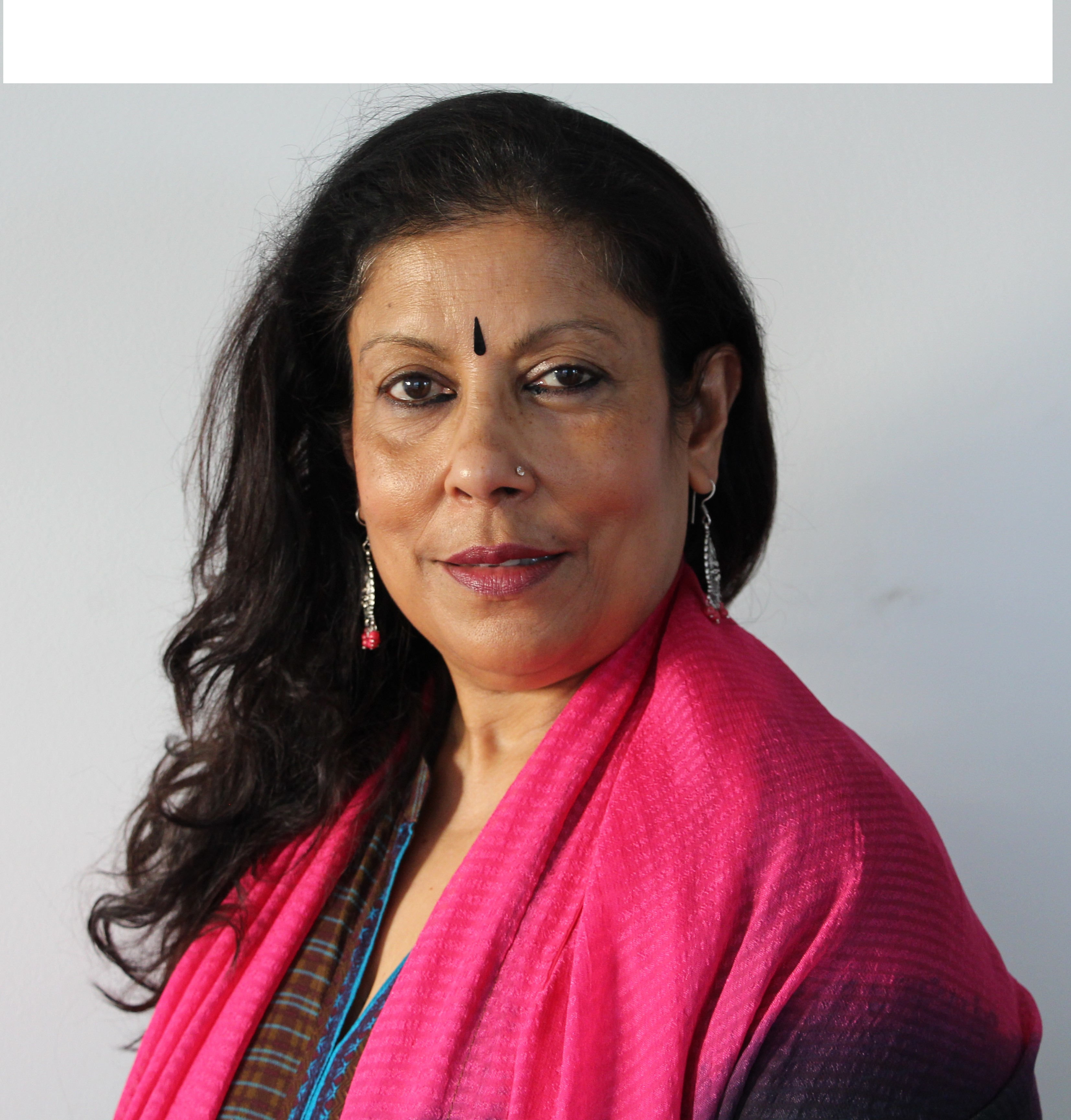
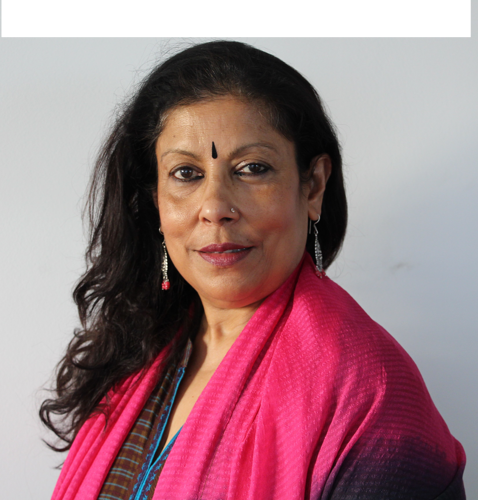
Nominated by Vidya Patel
“Sujata Banerjee sought to challenge the status quo of Kathak, and other South Asian dance styles, and now accepted globally as a leading personality in promoting a whole new concept in training.”
Sujata Banerjee is a Kathak dancer, choreographer, educator and founder of Sujata Banerjee Dance Company, with an artistic practice embedded in dance science methodologies. She believes that dancers should maintain a ‘safe dance practice’ to have a longer, healthier and happier dancing career. She writes and lectures at many events on various aspects of dance training.
In 1998, she organized the first South Asian Dance summer residency with a particular focus on Dance Science and beginning to challenge the status quo in Kathak, and other South Asian dance styles. As a long-time fitness professional eager to further integrate this knowledge with her expertise in dance, Sujata completed her postgraduate diploma in Sport Science. She contributed to the creation of the Imperial Society of Teachers of Dancing (ISTD) Kathak syllabus and remains highly involved in the Classical Indian Dance Faculty of the ISTD.
“To me dance learning should be a complete positive experience to enhance life skills and well being rather than just achieving artistic brilliance. Ultimately the aim is to keep dancers at all situations safe, engaged and improving in a positive manner.” - Sujata Banerjee
Tiffany Stott – Dance Health Co-ordinator, Scottish Ballet
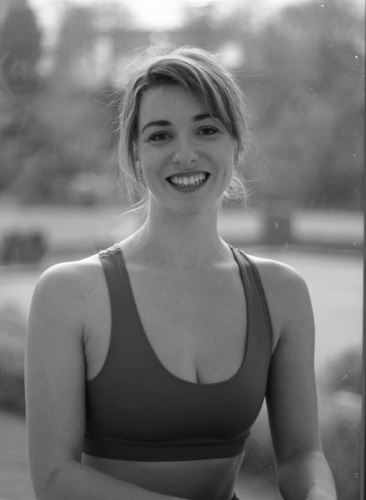
Nominated by Lisa Sinclair
“Scottish Ballet is proud of Tiffany and the outstanding contribution she has made as we develop these exciting new programmes of work, underpinned by creativity, evidence and collaboration.”
Tiffany Stott is the dance health co-ordinator at Scottish Ballet, leading the development and delivery of the Evelate© programme for people living with Multiple Sclerosis (MS). The development of this programme has involved partnerships with medical and academic institutions including the Royal Conservatoire of Scotland, Ninewells Hospital and Medical School, Dundee, and the University of Dundee.
Beginning with a warm-up rooted in mindfulness, Evelate© classes move onto a ballet barre which can be done seated or standing. Classes are free and enjoyed with live accompaniment and the support of several well-trained volunteers. A deep understanding into the physiological and psychological requirements of these dancers is vital to ensure the safety as well as progression of individuals. Artistry, expression and creativity of the class engages participants and provides meaningful and valuable aesthetic experiences.
“I strive to engage with current research and specialists so that I can best inform my practice as it grows and develops.” - Tiffany Stott
Tune in to the live announcement of the DEA 2020 winner on the IADMS Facebook page on Monday, October 19 at 11:30 am, EDT (4:30pm BST, 11:30pm HKT)